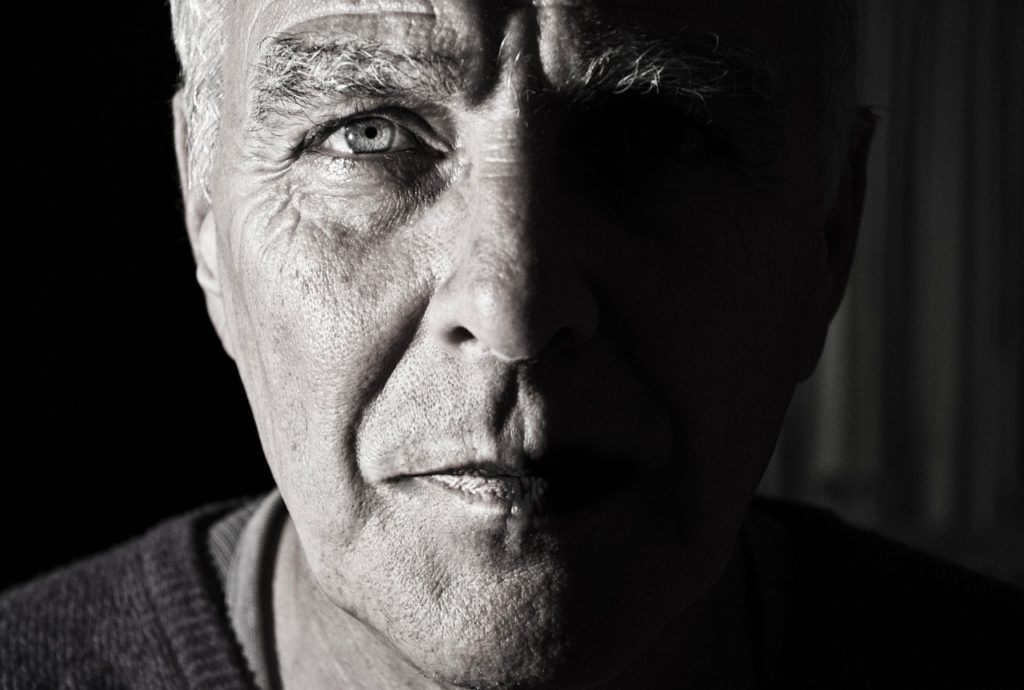Basically, dementia is a syndrome, not a disease. It is often confused with Alzheimer’s disease, but rather Alzheimer’s is a common type of dementia.
Dementia is an overall term used to describe the loss of memory, the ability to perform daily functions and the diminishment of communication.
Furthermore, a person, young or old, can have dementia, although it is more likely to develop as you age. Dementia not only affects the one who has it. Like many diseases, dementia places a significant emotional and financial pressure on all it touches.
For it to be dementia, at least two types of the brain’s functions are affected: memory, language, judgment, behavior, or thinking.

What are the symptoms of dementia?
Early symptoms of dementia usually go unnoticed. They are often attributed to being forgetful or “just getting old”. But as dementia progresses, the symptoms become more severe and it is hard to miss them.
Symptoms include:
- Losing track of time
- Losing your way in an area you know
- Constantly having to ask questions
- Frequent confusion with daily tasks
- Bad hygiene
- Depression
- Aggression
- Trouble reasoning
- Difficulty focusing
- Repetition
- Changes in mood
- Loss of interest
- Struggling to follow stories
- Trouble finding the right words
- A hard time communicating
- Lack of empathy
- Trouble following a story

What are the stages of dementia?
Stage One: Mild Impairment
If someone is in this stage, it does not always mean that they will get dementia or that their symptoms will worsen. However, this stage is often associated with forgetfulness, recall trouble, and short-term memory issues.
Stage Two: Mild Dementia
Someone in stage two may be able to still function on their own, however, they may have issues with personality changes, difficulty with complex tasks, short-term memory issues, increased forgetfulness, and trouble identifying and coping with their emotions.
Stage Three: Moderate Dementia
Someone in this stage may need help throughout their daily lives. This stage is associated with bad judgment, help with common daily tasks, larger personality changes, increased memory loss, and increased confusion.
Stage Four: Severe Dementia
Someone in this stage has the previous symptoms that continue to decline along with trouble with bodily functions, communicating, infections.
What causes dementia?
- Alzheimer’s disease
- Strokes
- Depression
- Repetitive drug use
- Huntington’s disease
- Brain injury
Can I prevent dementia?
Although there is no sure way to prevent dementia, there are ways that you can lower your risk.
You can make changes to your lifestyle by keeping your mind nimble with reading, puzzles, and memory games. In addition, regularly exercising and maintaining a healthy diet helps. A diet specifically rich in omega-3 fatty acids as well as plenty of fruits and vegetables is ideal. Furthermore, vitamin D can also help.
If you are forgetful, it does not necessarily mean you or a loved one has dementia. There are many factors that contribute to forgetfulness, such as lack of sleep or poor diet.
However, if you or a loved one is experiencing multiple symptoms and have concern, it is good to seek help from your doctor to be sure.
Struggling to cope with dementia?

